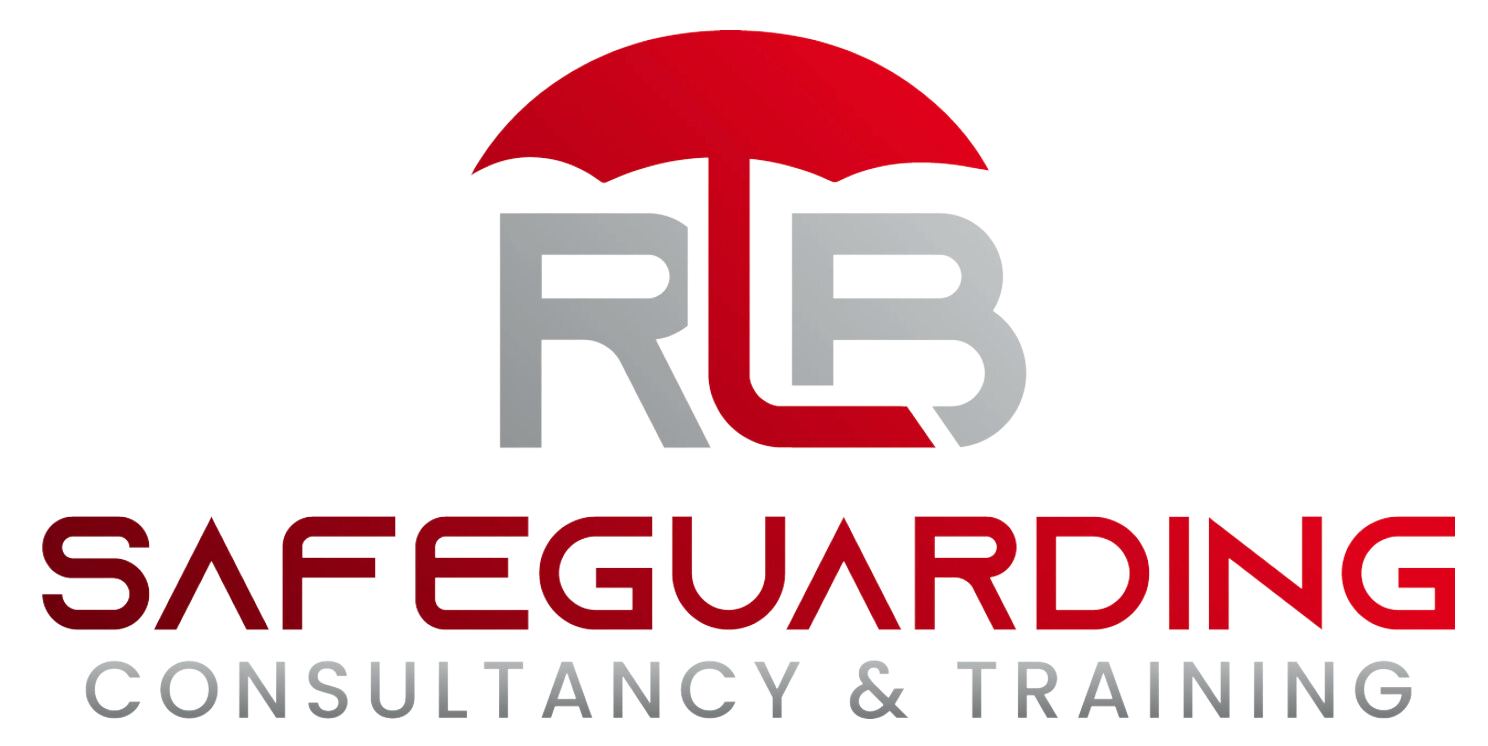Professional Curiosity- How to be professionally curious
Not being professionally curious can lead to the most harrowing outcomes but we all know that identifying children and adults who are experiencing abuse, neglect, or are at risk can be incredibly challenging. It is rare for them to come forward and disclose their experiences, as they may be frightened or simply unaware that their situation is different from that of others. This is why it is crucial for professionals to develop and apply professional curiosity in their approach to safeguarding.
But what exactly does professional curiosity?
Professional curiosity involves actively exploring every possible indicator of abuse or neglect and trying to gain insight into what a child’s or adult at risk’s life is truly like on a day-to-day basis. It is about looking beyond the obvious signs and asking deeper questions to uncover any hidden risks. By adopting the mindset of Professional curiosity, practitioners can identify less obvious signs of abuse and neglect, better understand the risks a person may be facing, and respond holistically to the risk. This approach is key to creating and fostering a proactive safeguarding culture that prioritises the well-being of everyone.
In this white paper we will be discussing the importance and some crucial dos and dont’s. We aim to ensure that safeguarding practitioners embrace professional curiosity to maximise every opportunity to protect those at risk.
Why Is Professional Curiosity Important?
Often in safeguarding, risks are not always immediately obvious. Often individuals will hide or mask their mistreatment, due to fear, manipulation or shame. Similarly, professionals and systems may unintentionally miss or dismiss warning signs due to biases, assumptions or time pressures. Professional curiosity reduces this and ensures thorough assessments and safeguarding measures are taken.
Barriers to curiosity:
Losing focus on the child or adult at risk through over-identifying with carers or support systems
Over-optimism
Making assumptions
Being afraid to raise concerns/question families
Time constraints (e.g. due to workload)
Lacking the confidence or assertiveness to ask sensitive questions
Unconscious bias.
How to be curious?
Professional curiosity is not simply about asking questions but about fostering an approach that integrates observation, analysis, and reflection. Here are some do’s and dont’s to be more professionally curious:
Do be open and willing to change your opinion.
Do ask questions in a clear, open and calm manner.
Do use observations, family explanations and other evidence to look at the consistency of the information.
Do investigate who else has an important role in the child or adult’s life.
Do seek a second opinion, especially if you have any doubts.
Do be aware of inconsistencies in explanations, vague responses and reattracted disclosures.
Do follow up on concerns.
Do stay persistent.
Do engage with other professionals to ensure you don’t miss any previous and vital evidence collected by other agencies.
Don’t discount concerns just because they are unproven.
Don’t let you own background influence the way you interpret the situation.
Don’t make presumptions.
Don’t disregard information because you don’t understand it.
Don’t put words in their mouths. - Let the child or adult answer your questions in their own words.
Don’t be afraid to challenge inconsistencies and assumptions (In a gentle manner).
Using these dos and don’ts as a guideline you can ensure that you are adopting professional curiosity to thoroughly investigate each situation.
Top Tips for enhancing professional curiosity
As with anything, there are always opportunities to strengthen and refine your professional curiosity. Here our top tips on how to enhance your professional curiosity:
Build Trust – Establish rapport with individuals to encourage openness.
Stay Informed – Keep up to date with policies, and emerging risks.
Reflective Practice – Regularly discuss cases with peers or supervisors to identify anything you might have missed.
Avoid Tunnel Vision – Regularly reassess cases to ensure new information or perspectives are considered.
Use Tools and Frameworks – Leverage structured assessment tools to guide and ensure comprehensive evaluations.
Continuous Learning – Regularly attend new training and workshops to improve your knowledge and skills.
Ask Questions - Don’t be afraid to ask questions and seek help.
Professional curiosity is more than a skill, it is an essential mindset for effective safeguarding. By asking thoughtful questions, observing attentively, and acting decisively, professionals can uncover hidden risks and support vulnerable individuals more effectively.
If you have any concerns about the issues raised in the white paper or need any help or advice, please get in touch. Our team offer full support and training around issues such as this and are able to advise and train employers and employees.
